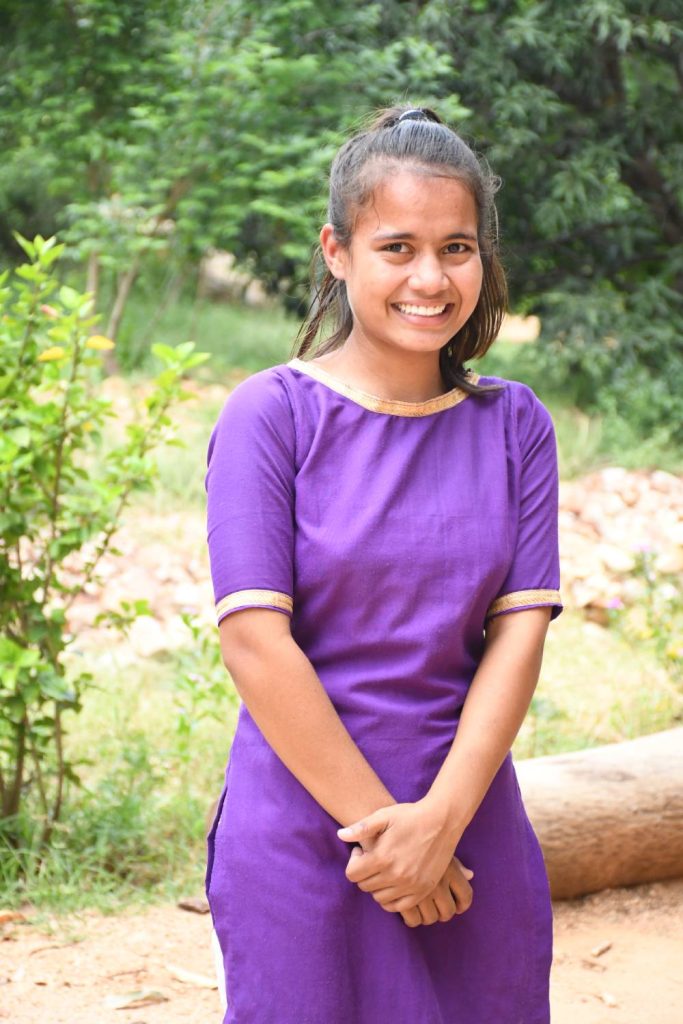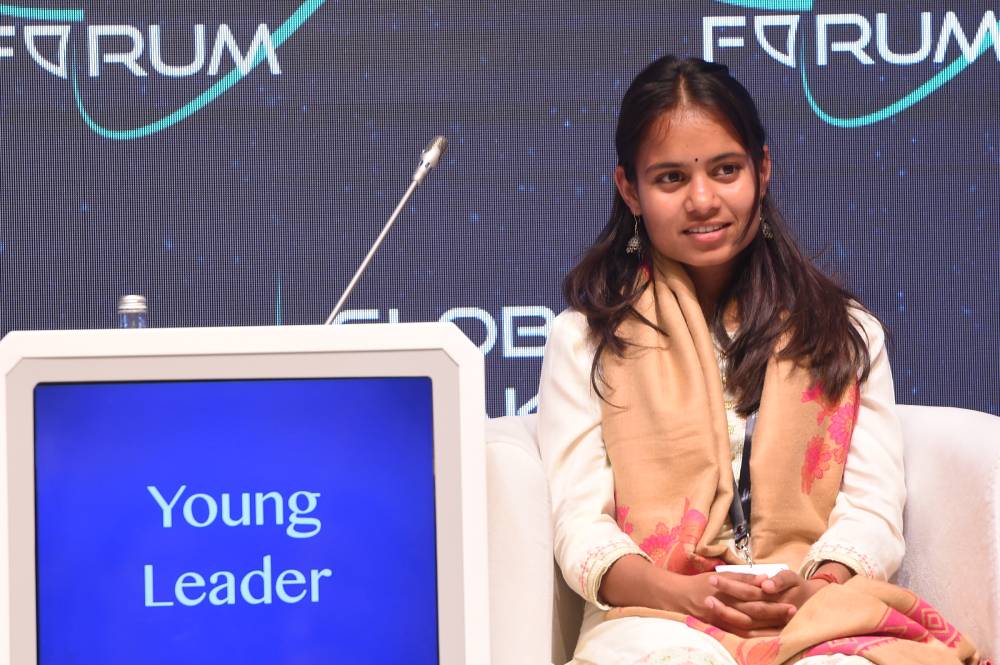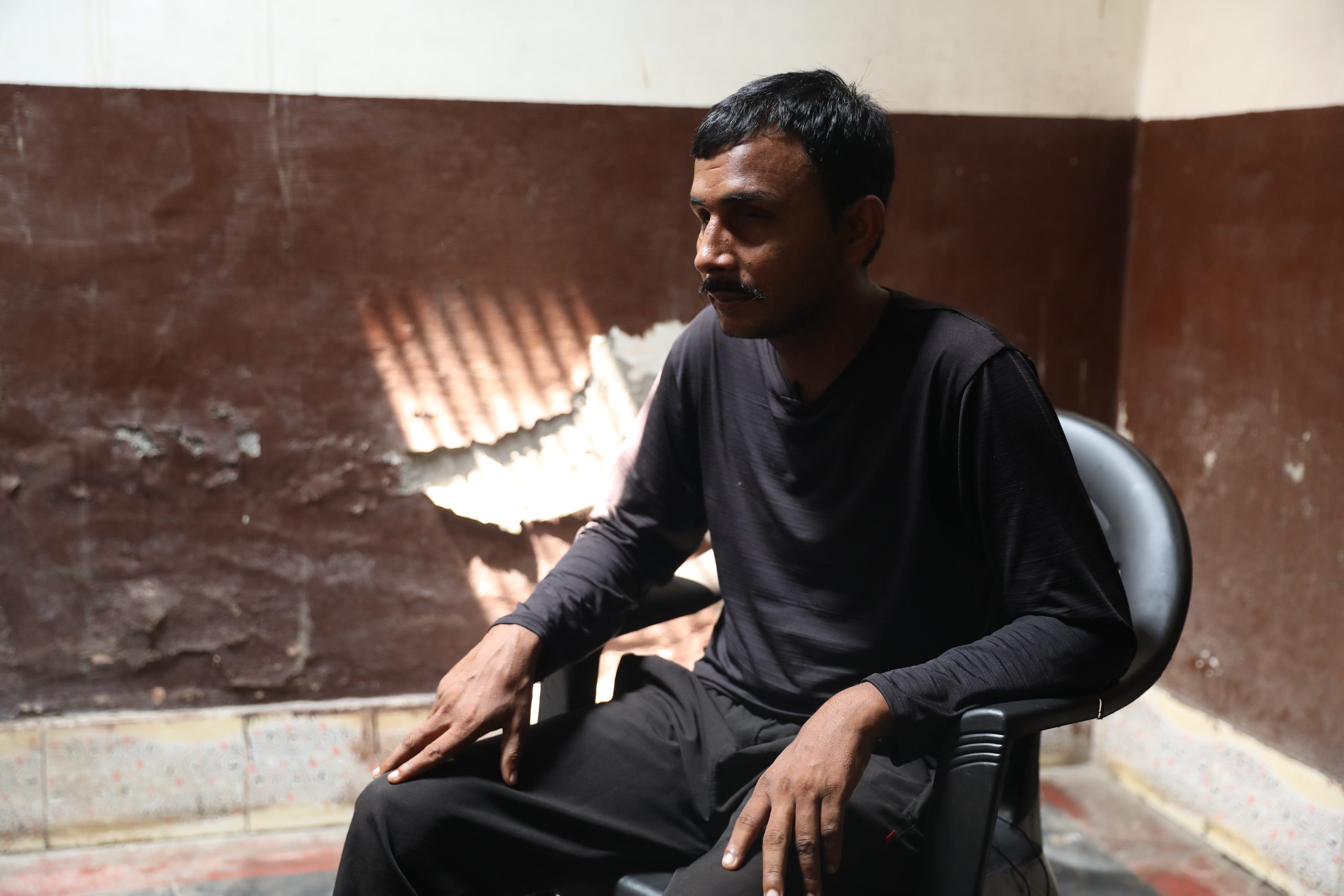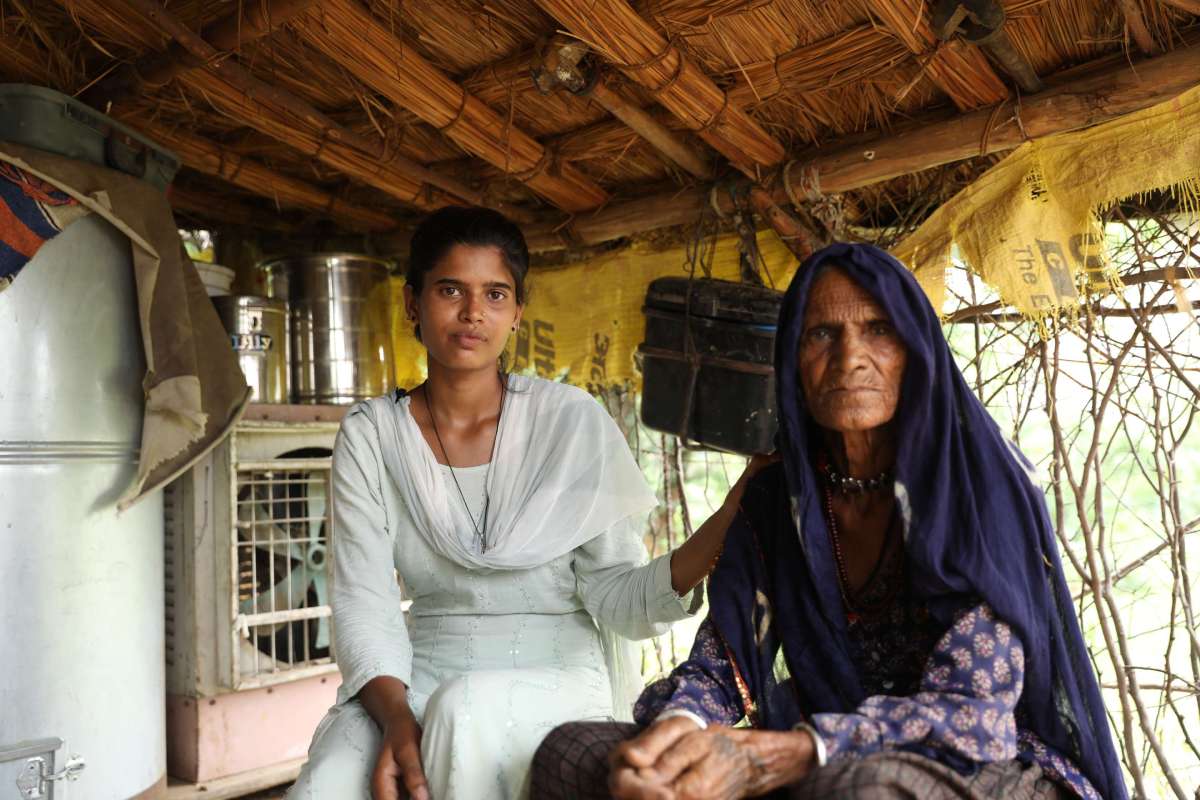Certain parts of India continue to practice discriminatory customs based on birth. India has undergone significant changes in recent years, but it is also true that the issues of untouchability and casteism persist in certain parts of Indian society. Casteism refers to the social stratification and hierarchical division of society based on birth, with individuals being assigned a specific caste at birth. This system has deep historical roots and has influenced social interactions, occupation choices, and access to resources for centuries. In the practice of untouchability, even the shadow of a person from a lower caste is considered impure by individuals from higher castes. This belief stems from the notion that contact with or proximity to individuals from lower castes can pollute or defile higher-caste individuals.
Often, victims of casteism face dehumanizing discrimination that forces them to drop out of school, prevent them from pursuing higher education, or even deny them job opportunities. Their basic sense of social security is not even met.

Over the years, social reformers have advocated for the outright rejection of this derogatory system. Lalita Duhariya, a 19-year-old woman from Dera Village in Viratnagar, Rajasthan, is one such reformer. The daughter of a construction worker and a housewife, Duhariya has two brothers and a sister. In a household of six, she learned to stand up for herself and others. Even though her family had limited resources, her father never compromised on her education.
Duhariya has seen how children from lower castes are treated in classrooms, and some have even been forced to drop out. She is not willing to accept such injustice, and she has been speaking out against casteism, girls' education, and women's rights in her hometown since she was nine years old.
Duhariya's compassion does not allow her to disrespect anyone based on their background. She believes that all religions and castes should be seen through the lens of equality and community. These are the values and principles that she fought to instil in her society. She realized that the only way to truly open everyone's eyes was to educate them about these topics, not belittle or ridicule them.

We also know that setting an example can go a long way. In India, sharing a meal or feeding someone is seen as an act of acceptance. With this in mind, Lalita initiated "communal lunch." She and her friends went door-to-door, inviting people from all castes to come together for lunch on the occasion of Makar Sankranti to promote community development. This social festival of Makar Sankranti is marked by colourful decorations, music and dance, kite flying, fairs, and food. The timing for a communal lunch could be said to be perfect. The message they were spreading was one of joining hands for compassion and progress.
Lalita's work is founded on the principle that no one should be left behind. She took it upon herself to reach out to and raise awareness among children who had dropped out of school to work as domestic help. As a result of her efforts to persuade the children's parents to send them back to school, there was a recorded increase in school enrolments. Over 16 students who had previously dropped out were re-enrolled and are now attending school regularly. Her active participation in rallies, and anti-fire cracker campaign have deeply impacted the cause of compassion. She joined compassion communities, taking up leadership roles, to influence a larger body.
Her work serves as an inspiration and a testament to the positive impact that dedicated individuals can have on their communities. By addressing the root causes of child labour and promoting education, Lalita is helping to create a more inclusive and nurturing environment for the children in her village.
Lalita Duhariya is an inspiring young woman who is dedicated to fighting for equality and social justice. She has shown that even one person can make a significant impact on society. Lalita's efforts have been recognized and celebrated, as she has received notable awards for her work.
One of the awards Lalita received is the Reebok Fit to Fight award. This accolade likely recognizes her commitment to fighting for social justice and promoting equality. The award may also acknowledge her efforts to empower others and create positive change through her advocacy work.
Additionally, Lalita was honored with the Ashoka Young Changemaker Award. This award is a testament to Lalita's innovative and impactful contributions to her advocacy efforts.






